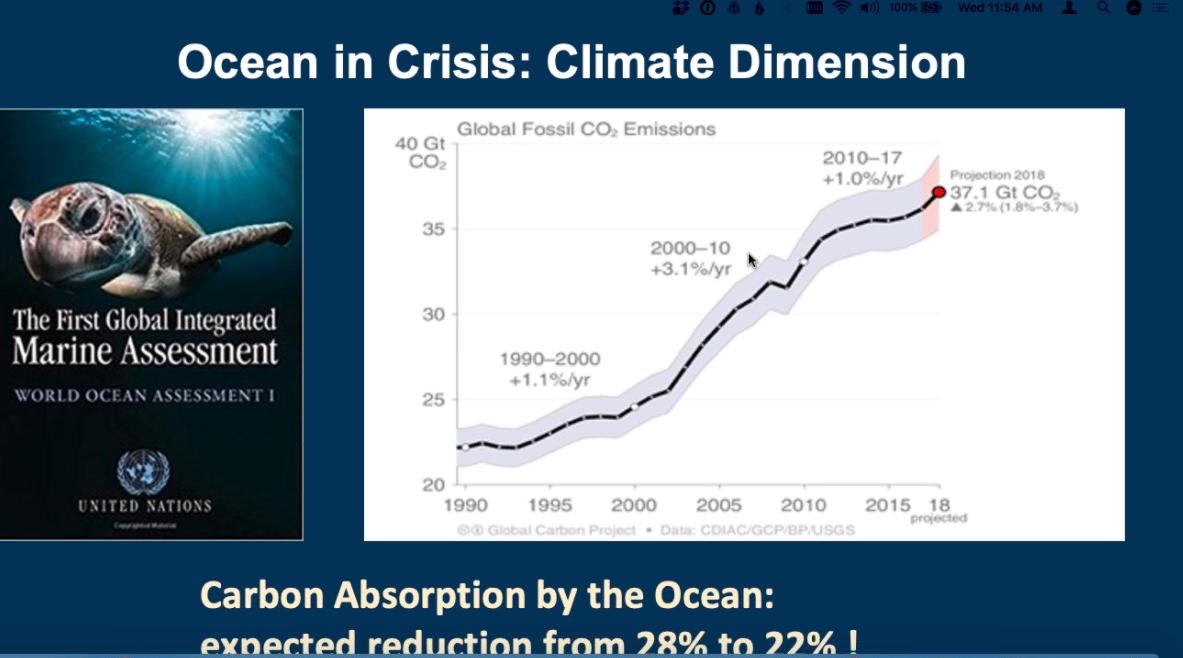
4 minute read
YOUTH FOR OCEAN AND CLIMATE ACTION
KEEPING UP MOMENTUM FOR OCEAN AND CLIMATE ACTION IN 2020 May 27
Peace Boat was honored to be invited to speak about the United Nations World Oceans Day on May 27, organized by the International Alliance to Combat Ocean Acidification (OA Alliance) in collaboration with United Nations partners. The event which took place online as a webinar looked at how governments and UN agencies are keeping up momentum for the ocean and climate action as the world navigates the present COVID-1 9 pandemic and was moderated by Jessie Turner, Project Coordinator of the OA Alliance. The OA Alliance, of which Peace Boat is a proud member, brings together governments and organizations from across the world dedicated to taking urgent action to protect coastal communities and livelihoods from the threat of ocean acidification and other climate ocean impacts. Together, OA members are elevating urgency and ambition for climate action, integrating ocean into climate commitments, and translating knowledge into policy actions.
Advertisement
During the webinar, the UN Secretary-General's Special Envoy for the Ocean, Ambassador Peter Thomson, emphasized that now is the time to better share our ideas and resources while bringing our most innovative and entrepreneurial talents to the table, as “The ocean's well being depends on the drastic lowering of our emissions. If we care about it, then we will fight for unprecedented reductions”. Francois Bailet, Senior Legal Officer at the United Nations Division of Ocean Affairs and the Law of the Sea (DOALOS), and Emilie McGlone, Director of Peace Boat US introduced UN World Oceans Day as another way to keep momentum during this period. After the introduction to World Oceans Day, Programme Management Officer at the UNFCCC Secretariat Dr. Joanna Post spoke about the Ocean and Climate Dialogue launched at last year’s Conference of Parties (COP) in Madrid. It is a major step forward in elevating and integrating ocean across the UNFCCC, as well as how the postponement of COP 26 is being managed. Lastly, Secretary Vladimir Ryabinin shared some concluding remarks on how important it is to keep momentum going so people around the world can continue to be inspired by our oceans and all the ecosystems and species they host.

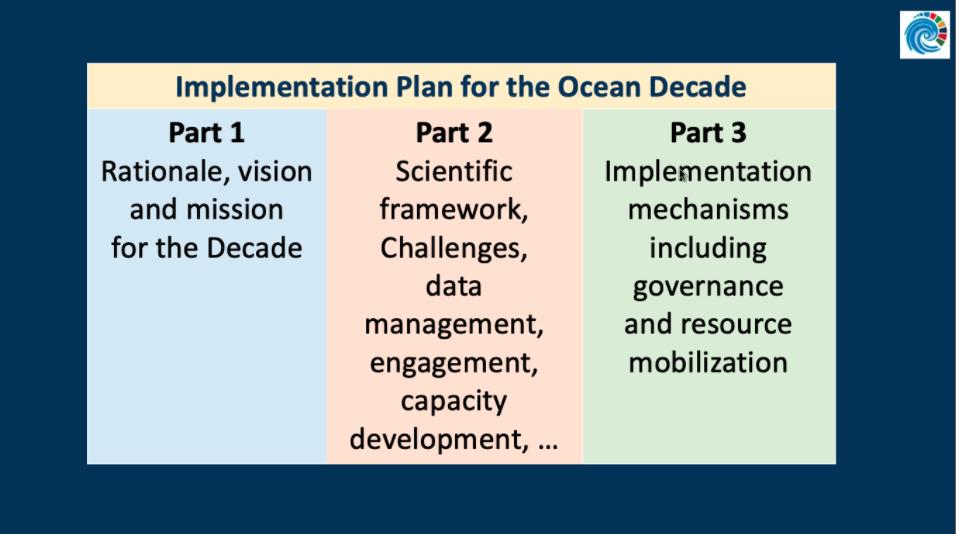
- Ambassador Peter Thomson United Nations Secretary-General’s Special Envoy for the Ocean
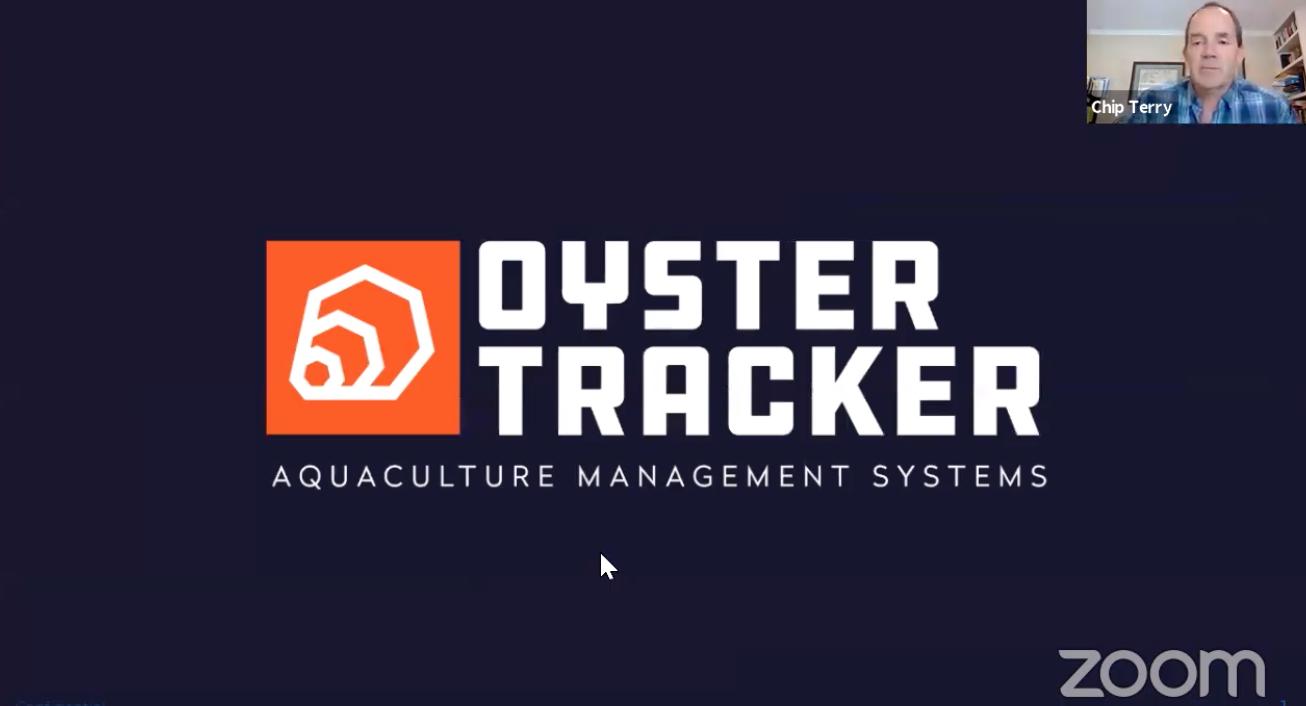
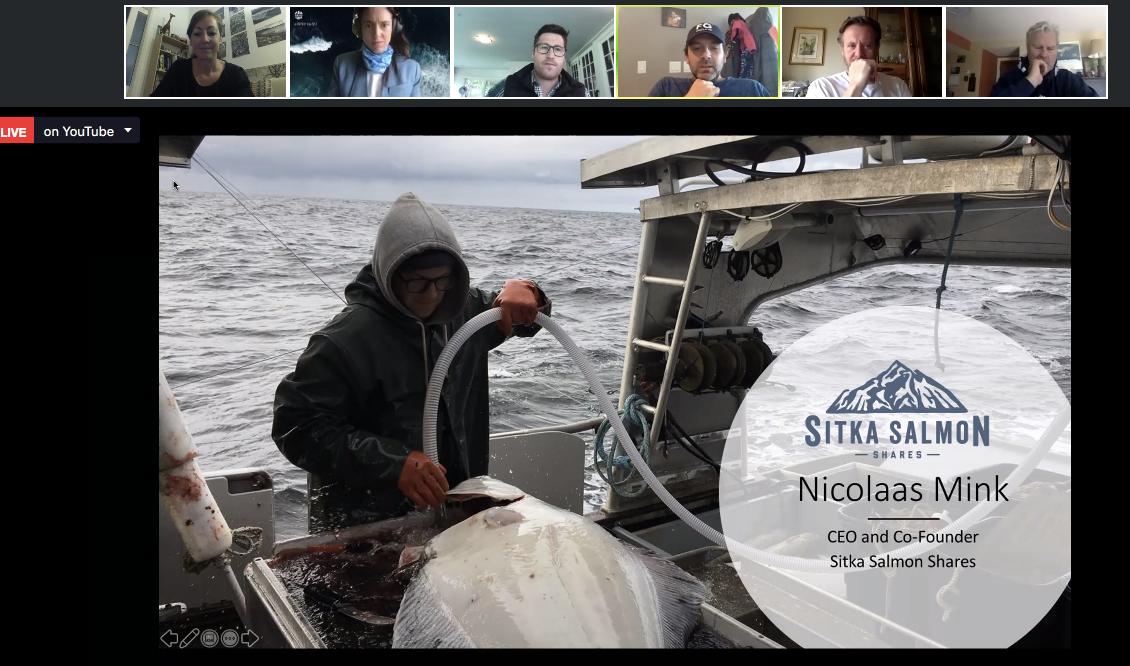
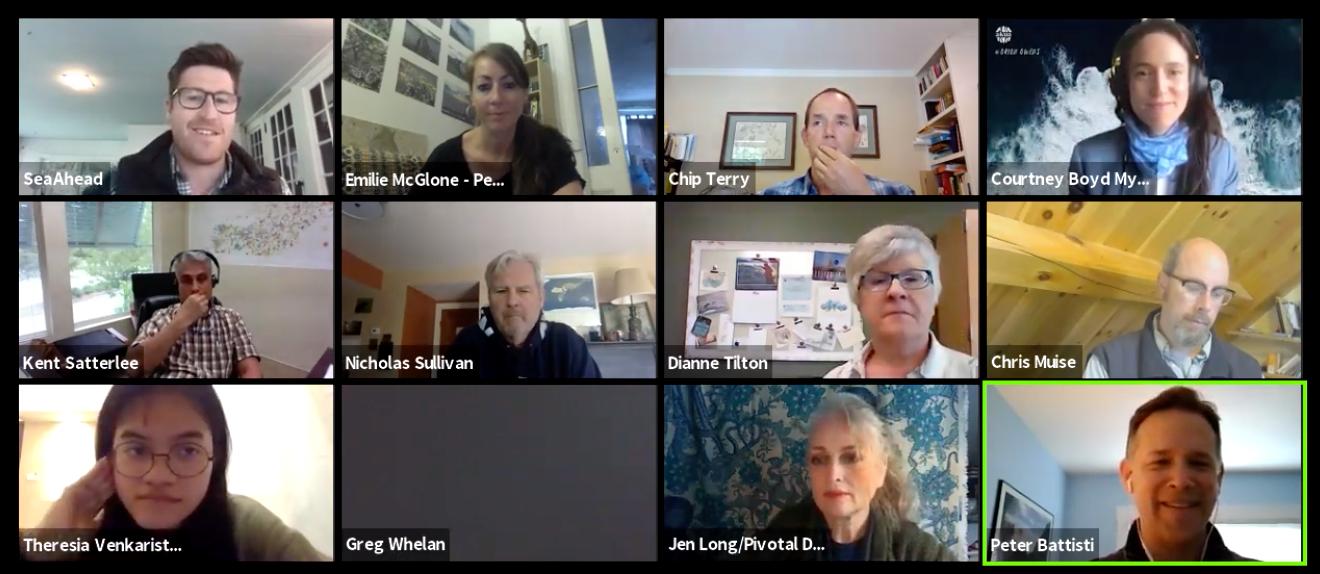
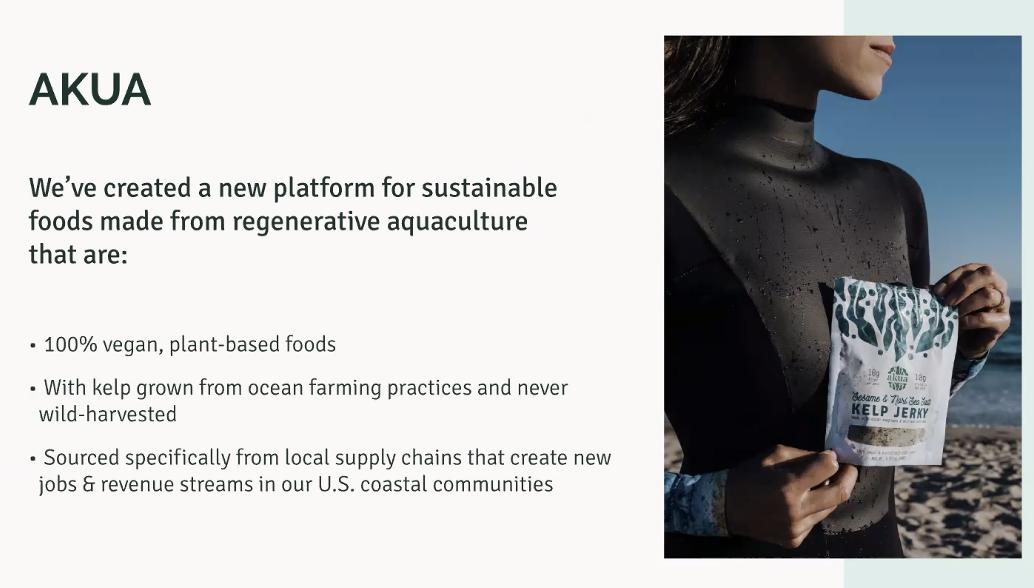
- Taylor Witkin, SeaAhead
SUSTAINABLE SEAFOOD INNOVATION WEBINAR WITH SEAAHEAD June 2
SeaAhead is a bluetech startup platform founded in Boston that helps with building companies for the oceans, running an incubator, facilitating investments and catalyzing a bluetech cluster for ocean research and development in the Northeast, bringing together ocean stakeholders that are coming together to create impact. On June 2nd, Peace Boat co-hosted a webinar on ‘Ocean Innovation’ with SeaAhead and BlueTech. The Free Swim Webinar shed light on innovative solutions that small businesses are implementing to help protect the ocean. The four leaders represented were Nicolaas Mink of Sitka Salmon Shares, Chip Terry of Oyster Tracker, Peter Battisti of SeaAhead, and Courtney Boyd Myers of AKUA.
Sitka Salmon Shares uses a membership model that directly connects subscribers to small fishers in Alaska. They aim to combat overfishing and provide better fish quality for the subscribers.
Oyster Tracker is an aquaculture management system that helps farmers track their activities and analyze their outcomes in order to optimize their crop output. Chip Terry explains that ocean farmers often lose at least 40% of their crop, but with Oyster Tracker’s system, this loss is mitigated.
Courtney Boyd Myers, CEO and founder of AKUA, has made strides in creating sustainable opportunities for ocean farmers. Her company focuses on regenerative, oceanfarmed kelp. The kelp is used to create a snack that is both healthy for people and the environment. AKUA’s main crop, sugar kelp, is farmed in 1 00 acre open-ocean plots, and is never harvested from the wild or sourced outside of the US. These aquaculture farms absorb five times the amount of carbon and argon absorbed from land-based farms, and thus effectively mitigates ocean acidification. Peace Boat is proud to partner with innovative leaders like Courtney who are working towards solution-based ideas for our oceans. For more information you can visit www.akua.co



